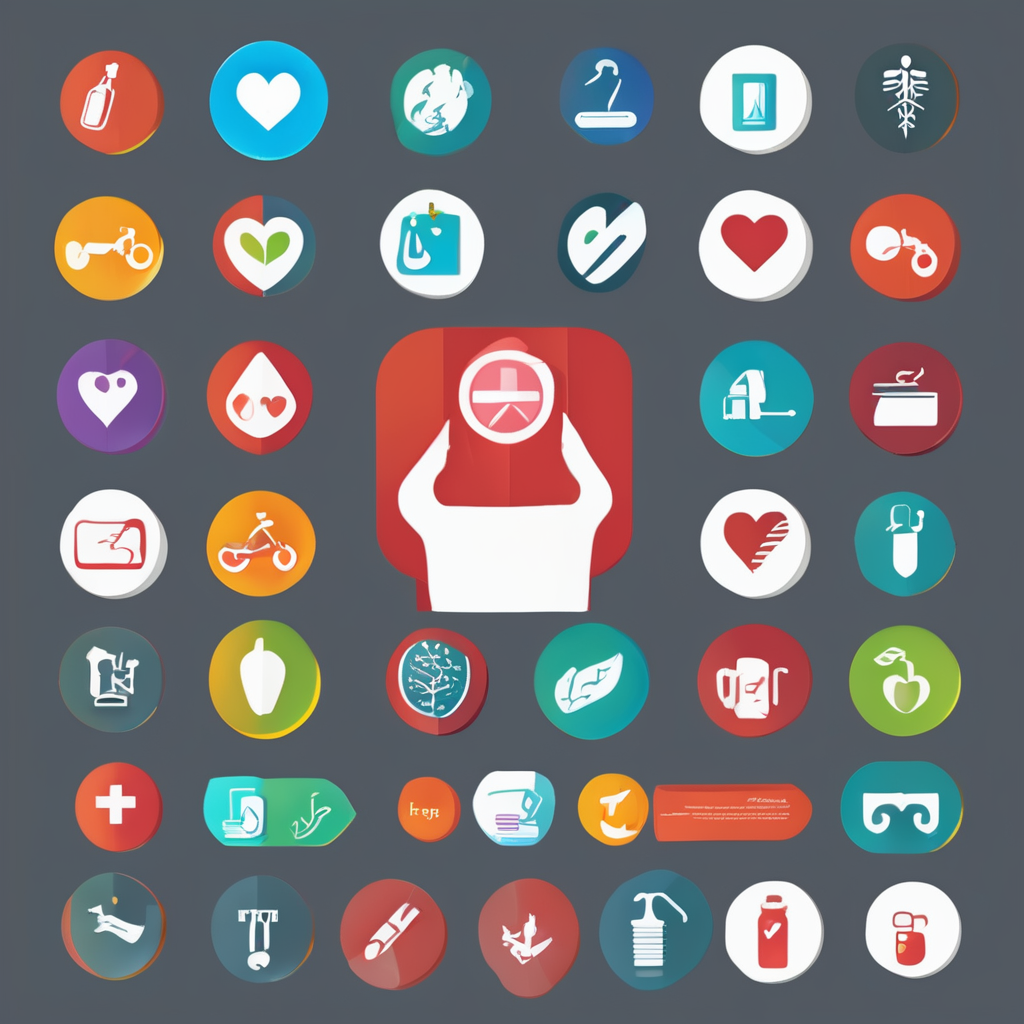Longevity extends beyond genetics; it hinges on daily choices that protect cellular health and nurture well-being. Scientific insights reveal how diet, social bonds, exercise, and stress management collectively shape lifespan. Embracing these factors unlocks practical strategies to slow aging and enhance vitality, offering a roadmap to lasting youth and improved quality of life.
Core factors influencing longevity and how to live longer
Longevity specifically refers to living a long time, while life expectancy is the average number of years a person in a certain population can expect to live. Global statistics show women typically outlive men, partly due to a mixture of genetic and behavioral factors. Factors such as DNA repair capability, especially in genes linked to iron metabolism or cardiovascular health, and the presence of certain aging biomarkers have proven to play measurable roles. However, environmental influences and personal behaviors, like nutritional choices, exercise routines, and stress reduction, often hold just as much sway as genetics.
In the same genre : Body Acne Treatment Spray: the ultimate solution for clearer and smoother skin
Scientific consensus underlines modifiable factors—such as quitting smoking, maintaining social ties, a balanced diet, and regular physical activity—as essential for extending healthspan. Myth-busting research highlights that no miracle food or supplement guarantees longevity, though certain lifestyle strategies and practical routines can incrementally add years to life. The global search for longevity provokes ethical questions: Should we aim for maximum years, or prioritize quality of those years through support for mental and physical well-being? You can find further details and helpful resources on this page: https://baranovamonaco.com/.
Lifestyle choices and daily habits for enhanced well-being and healthy aging
Dietary strategies for longevity: Mediterranean, Okinawan, and trending longevity diets
Precision: Mediterranean and Okinawan diets consistently lower risks of metabolic syndrome and heart disease. Recall: These approaches also boost overall well-being by combining whole foods, healthy fats, and calorie moderation.
This might interest you : Anxiety checklist: 93 practical steps to regain control
The Mediterranean diet impresses with abundant fruits, vegetables, whole grains, olive oil, and fish, decreasing diabetes, obesity, and high blood pressure risk. In Okinawa, traditional meals emphasize green and yellow vegetables and encourage eating until only 80% full, historically linking calorie restriction to exceptional longevity. Choosing diets rich in fiber, antioxidants, and healthy fats can help protect DNA, slow cellular aging, and support gut microbiome balance.
Role of regular exercise, sleep hygiene, weight control, and stress management for extended lifespan
Regular physical activity—even moderate amounts—reduces the chance of cardiovascular disease, diabetes, and cognitive decline. Reaching and maintaining a healthy weight, especially by losing abdominal fat, helps prevent diseases that shorten life. Prioritizing consistent and sufficient sleep supports immunity and reduces risks of mood disorders and mortality. Simple stress management tools like deep breathing or yoga effectively lower chronic stress and foster long-term resilience.
Importance of social connections, sense of purpose, and supportive communities in promoting longevity
Strong social ties substantially improve life expectancy. Engaging in friendships, supportive communities, or purposeful activities is associated with healthier aging, reduced disease risk, and longer lifespan—even benefiting cognitive and emotional resilience over time.
Current Innovations, Supplements, and Scientific Breakthroughs in Extending Lifespan
Advances in Anti-Aging Supplements, Genetic Research, and Cellular Regeneration
Precision in longevity therapy starts with identifying interventions proven to impact aging at the cellular level. Anti-aging supplements—including resveratrol, NMN, and NAD boosters—target pathways like Sirtuin and AMPK, which regulate energy and DNA repair. Resveratrol has been shown to activate sirtuins, mimicking calorie restriction benefits in lab studies. NMN and NAD boosters aim to counteract age-related decline in mitochondrial function, supporting cellular energy.
Ongoing research explores gene editing and cellular regeneration techniques such as autophagy induction, where cells recycle damaged components for longevity benefits. Biohacking for lifespan extension incorporates nutrigenomics, intermittent fasting, and mindfulness to optimize longevity pathways.
Overview of Leading Products, Clinics, and Digital Self-Tracking
Personalized supplement regimens, like those offered by Baranova Monaco, combine genomics with targeted nutrients to activate an individual’s genetic longevity potential. Longevity clinics deliver metabolic health profiling and bespoke interventions, while digital tools for longevity tracking—such as wearable devices—enable users to monitor aging biomarkers and tailor habits in real time.
The Future: Gene Editing, Longevity Economies, and Research Directions
Emerging directions include gene editing (e.g., CRISPR) for age-related disease prevention, expansion of the longevity economy, and real-time data analytics to refine anti-aging strategies. As these innovations mature, expert guidance and access to latest therapies become pivotal for healthy aging.







